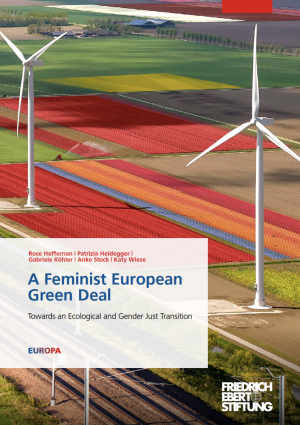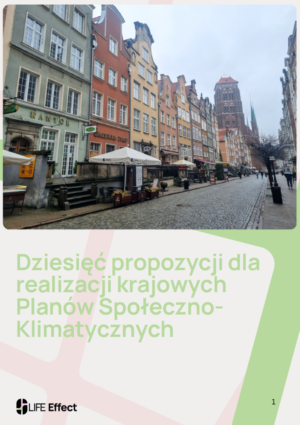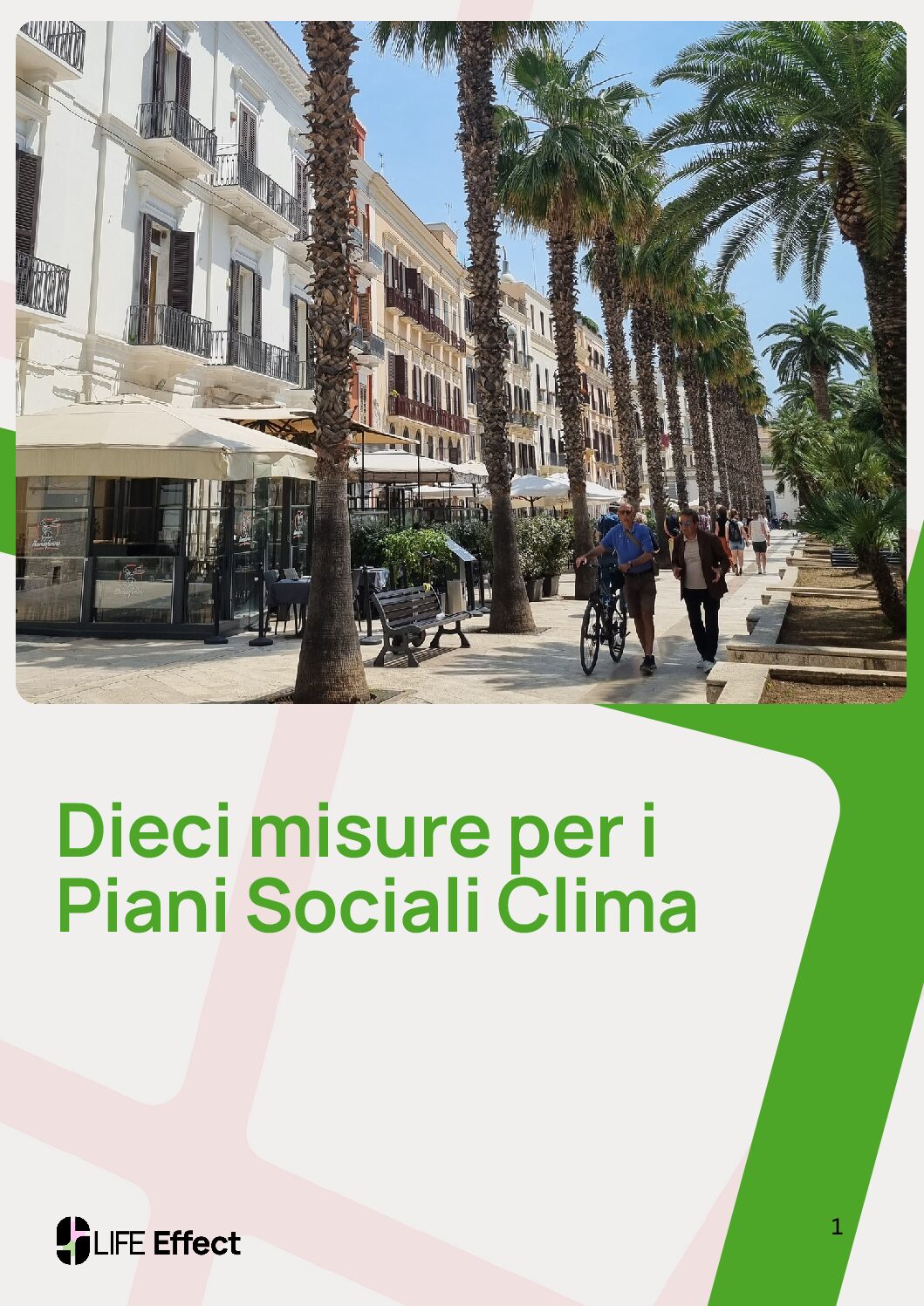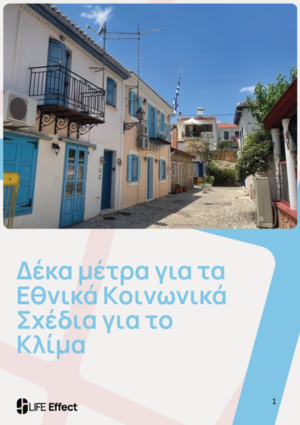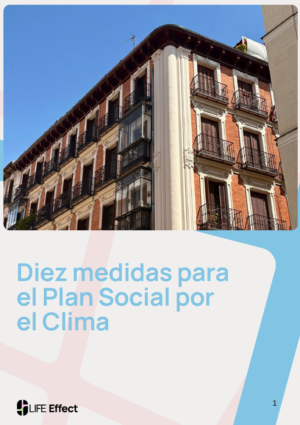
A Feminist European Green Deal: Towards an Ecological and Gender Just Transition
A new study from Friedrich-Ebert-Stiftung, in collaboration with the European Environmental Bureau (EEB) and WECF, explores ideas and proposals in five fields of action on how the EU can become a more capable and independent actor in global politics: Democracy and Values, Socially Just Economy, Social-Ecological Transformation, Actionable Peace Power, Multilateralism and Geopolitics.
This report utilises an intersectional, ecofeminist analysis to identify gaps in three key areas of the European Green Deal’s policy making: energy, transport and agriculture. The European Green Deal (EGD) remains gender blind to a large extent despite the Von der Leyen Commission’s objective of achieving a Union of Equality.
This report makes recommendations on how European Union (EU) policies seeking to reduce carbon emissions must shift from being gender blind to gender transformative policies to deliver better on both climate and equality targets.
Putting the question of gender equality into the wider context of the transformation of the EU’s economic system, this report suggests a reimagining of the European Green Deal away from being a growth strategy still focused on increasing the volume of the economy (as measured in gross domestic product (GDP) growth) towards a true wellbeing economy centred on care for people and the planet.

